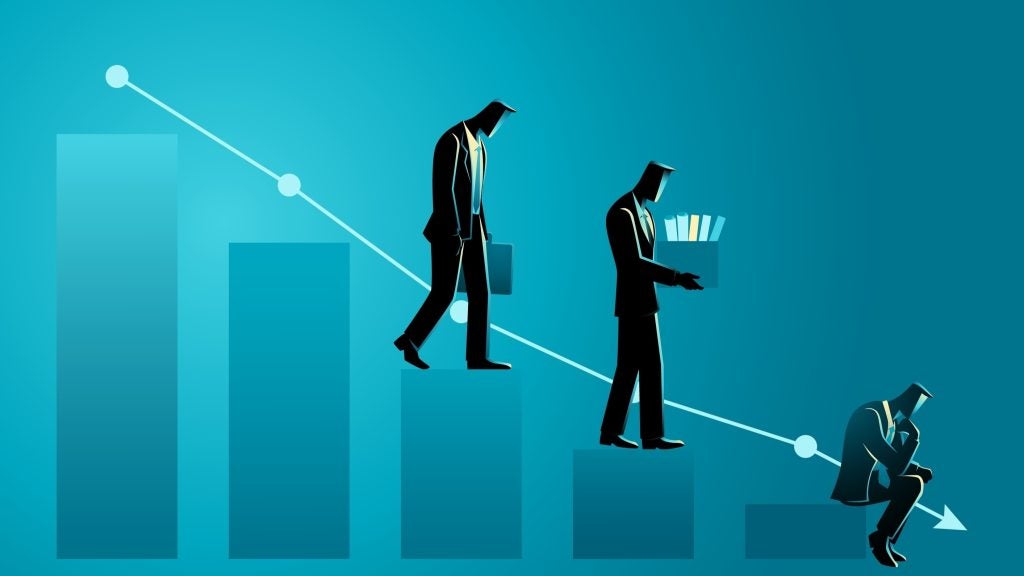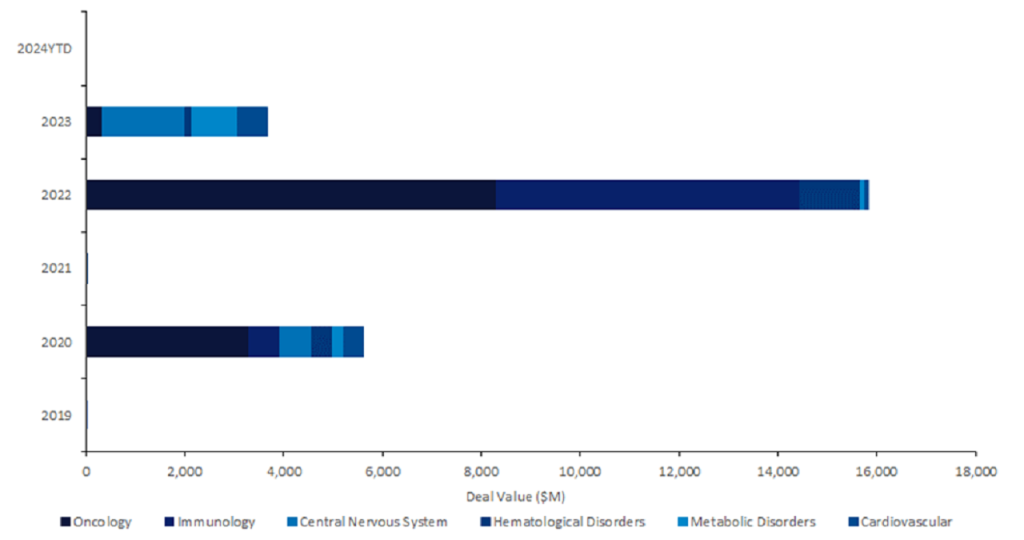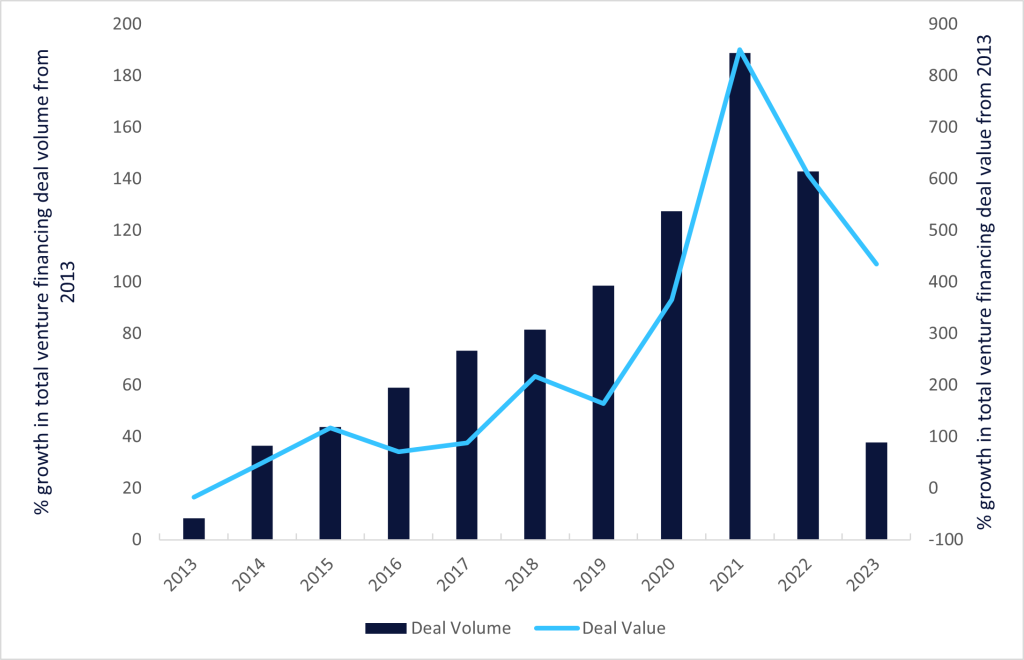
Some economists believe that diverging economic conditions could pose policy challenges for emerging market economies. The key task is to lay a solid foundation for the recovery to allow for policy normalisation and to manage tensions arising between fiscal and monetary policy.
Nouriel Roubini
Nouriel Roubini, economist and professor at New York University’s Stern School of Business, retweeted an article on how fiscal and monetary policy actions have cushioned the impact of the Covid19 pandemic. However, the economic recovery remains uneven across the globe, with the US and China rebounding more quickly than others, and some sectors recovering at a faster pace.
According to the BIS annual economic report 2021, the next stage of the pandemic will be different, but no less difficult in terms of challenges. Continuous vaccine rollouts and new treatments to manage the pandemic are expected to reshape governments’ response to economic reallocation and work practices.
Meanwhile, the rebound of economies is marked by upside and downside risks. For example, the enormous fiscal stimulus and accumulated household savings in the US could deliver stronger consumer spending and growth but will lead to increased inflation. Additionally, the growth could disappoint and business credit losses mount if the virus is not controlled.
Fiscal and #MonetaryPolicy actions cushioned the impact of #Covid19. But the economic recovery remains uneven, with the US and China rebounding more quickly than others, and some sectors recovering at a faster pace #BISAnnualEconReport https://t.co/sEzhSxfOkh pic.twitter.com/McUDcOKkU6
— Bank for International Settlements (@BIS_org) June 29, 2021
How well do you really know your competitors?
Access the most comprehensive Company Profiles on the market, powered by GlobalData. Save hours of research. Gain competitive edge.
 Company Profile – free sample
Company Profile – free sampleThank you!
Your download email will arrive shortly
Not ready to buy yet? Download a free sample
We are confident about the unique quality of our Company Profiles. However, we want you to make the most beneficial decision for your business, so we offer a free sample that you can download by submitting the below form
By GlobalData
Paul Krugman
Paul Krugman, an economist and professor of economics at the Graduate Center of the City University of New York, shared an article on the cure for high prices being high prices and for which areas that could be true or not to understand the true meaning of inflation. Experts believe that decisions made early in the pandemic are having lasting effects on the ability of industries to fulfil the demand that is surging with Americans’ accumulated savings. As a result, markets may work but untangling global supply chain issues of some industries is going to take time.
For instance, auto manufacturing is a complex process which requires the assembling of lots of pieces. Meanwhile, the current shortages and higher prices of cars are likely to persist for some time.
The idea that when the price of a commodity soars because demand outstrips the supply, it has a way of self-correcting has eased some in recent weeks. Buyers, discouraged by high prices, tend to find other options, and sellers increase production to make further profits.
"The cure for high prices is high prices." Very good from Neil Irwin — and distinguishing between where that is and isn't true is a good definition of core inflation 1/ https://t.co/jqGvQsgIB8
— Paul Krugman (@paulkrugman) June 29, 2021
Ludovic Subran
Ludovic Subran, chief economist of Allianz, a financial services company, retweeted an article on US workers quitting their jobs at historic rates as the pandemic fades, indicative of their confidence in finding new jobs. In addition, many unemployed have refused to come back to work despite record job openings.
Approximately 541,000 jobs were added to the US labour market in the past three months, a pace that is rapid in normal times but slower than expected given the 10 million jobs deficit from the pre-pandemic levels and the record number of openings.
Economists believe that transitions from unemployment to employment have been reduced to several factors, including the time needed to find a job, lingering effects of the pandemic, pace of vaccinations, and increased and expanded unemployment insurance benefits. However, they also believe that these factors are temporary, with job growth likely to rise to 750,000 or more per month when people gradually come out of unemployment for jobs as expected.
Record job openings aren't getting people back to work as fast as expected. The quits rate is at record high—not surprising, workers have confidence to quit knowing they can find new jobs, but people aren't coming out of unemployment for jobs.
Learn more: https://t.co/2TST08gH4I pic.twitter.com/HjAuBUBcxW— Peterson Institute (@PIIE) June 29, 2021







Related Company Profiles
Allianz SE